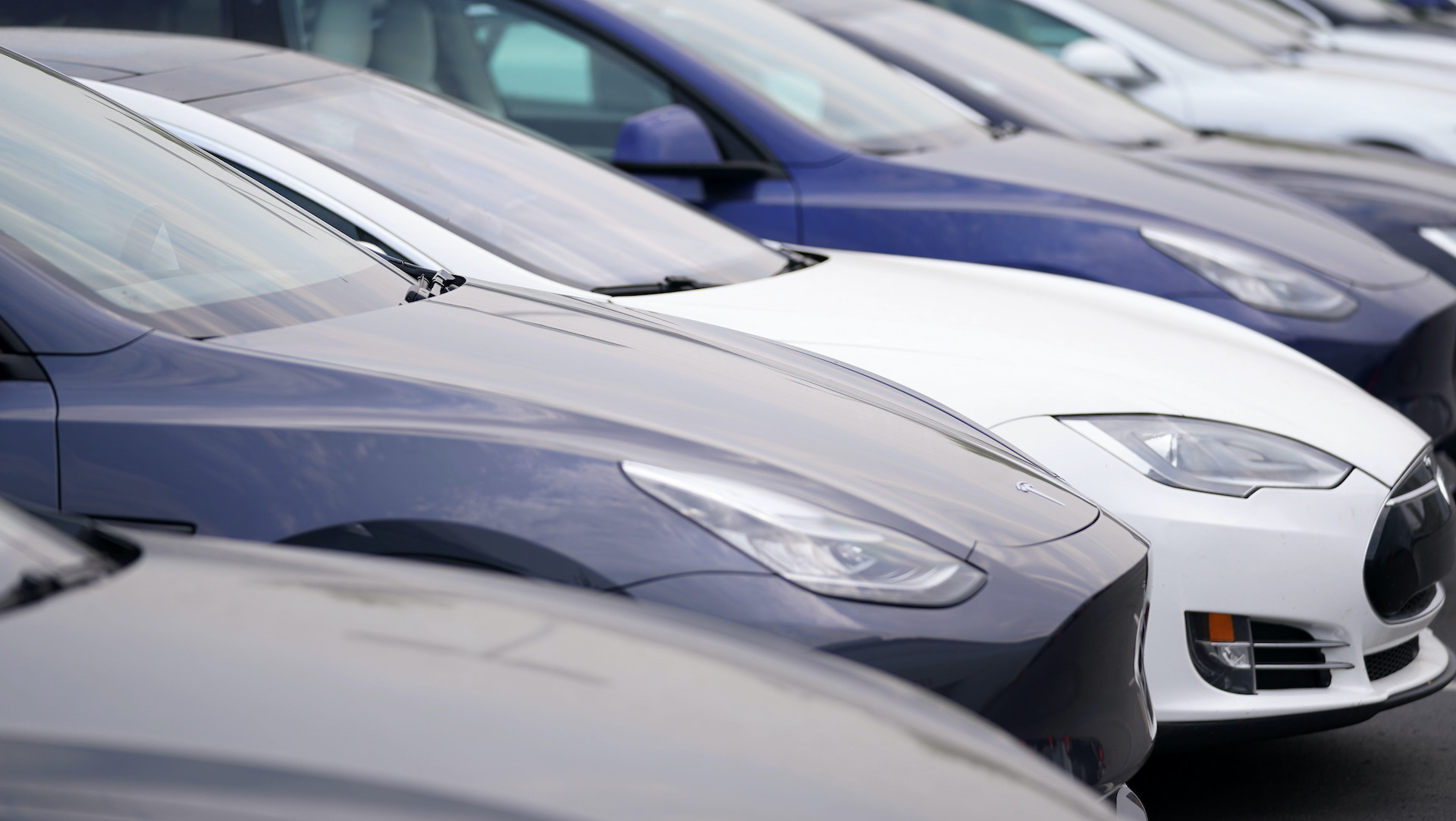

Every company in America wants a little bit of that Tesla money, even Tesla itself. After seeing its shares skyrocket nearly ten-fold in the past year, the all-electric automaker, whose CEO once said that the stock price was too high, plans to sell off some of its stock in an attempt to raise up to $5 billion in additional capital.
In a filing with the United States Securities and Exchange Commission (SEC), Tesla said it will begin selling its shares to investors in the open market. The news comes immediately following Tesla’s 5 to 1 stock split which provided existing shareholders with five shares for every one it held. This split, while not directly creating value, does help to make Tesla’s stock significantly more affordable for new investors while also providing increased liquidity. As a result, Tesla may find it easier to raise capital through a stock sale with a reduced barrier of entry.
The actual number of shares Tesla plans to offload wholly depends on the market price of the share when it sells—the only limit is the aggregate offering price of $5 billion.
Behind the scenes, Tesla is working to rapidly expand its manufacturing footprint. The automaker began delivering vehicles produced at its brand new Gigfactory in Shanghai less than nine months ago, and has since broken ground at two new sites in Germany and Texas where it will construct additional manufacturing facilities to expand its product line. At Gigafactory Texas, for example, Tesla plans to build its hotly anticipated Cybertruck and its first commercial vehicle.
It goes without saying that both auto manufacturing—and expanding said manufacturing—is expensive, especially in an industry where business models for EVs haven’t caught up to those of tried-and-true fossil fuels. Even Tesla’s hefty wallet of cash and cash equivalents (which was valued at $8.6 billion at the close of its second quarter) can’t eat the entire cost of its expansion projects without negatively affecting its balance sheet. $5 billion in capital will surely help, and any excess is planned to be used as an investment into “highly liquid cash equivalents or United States government securities.”
Historically, Tesla’s shares have been quite volatile. The rapidly fluctuating stock prices, which have long been attributed to short-sellers, have helped slingshot Tesla’s market capital well past that of Toyota and Volkswagen, eventually earning Tesla the title of world’s most valuable automaker.
Despite selling only a fraction of the number of cars versus its closest-ranking fiscal competitors, Tesla’s value is largely based on its perceived position as a leader in both the emerging electric and autonomous vehicle segments—how that translates to a long-term valuation is still to be seen.
Got a tip? Send us a note: tips@thedrive.com